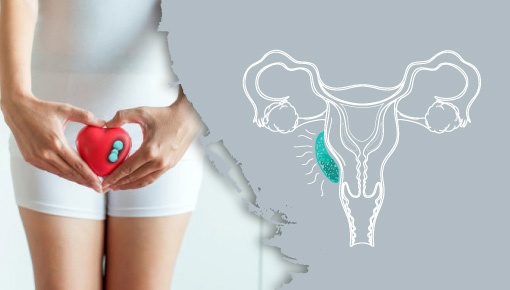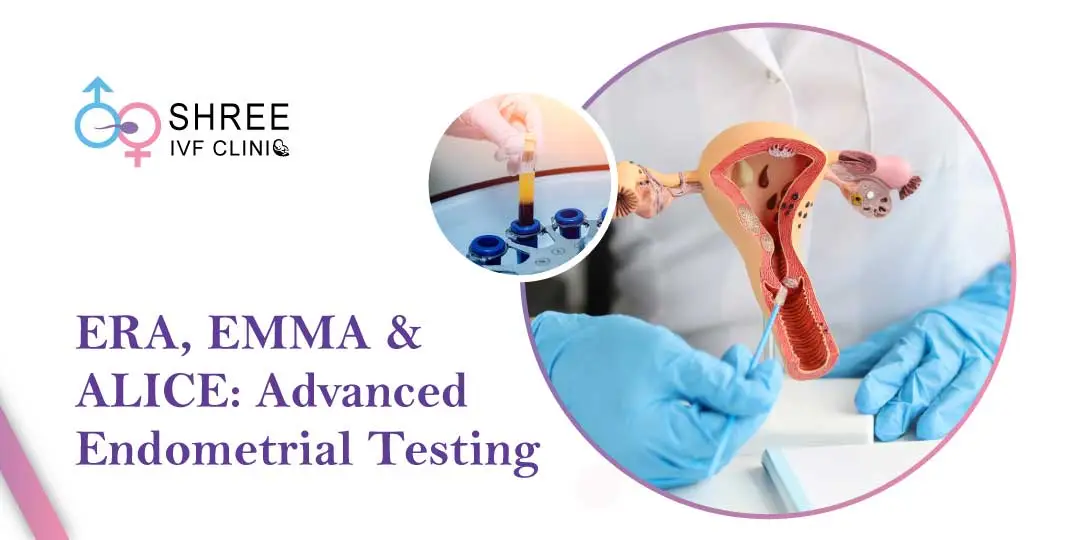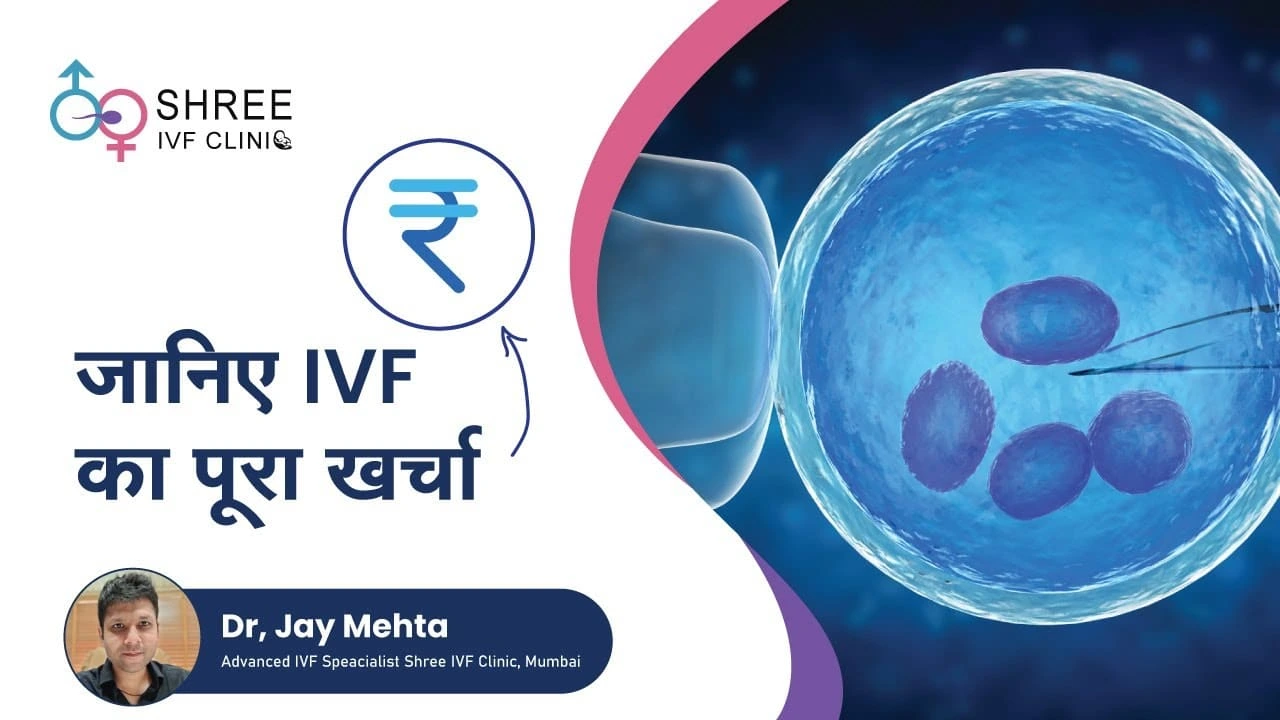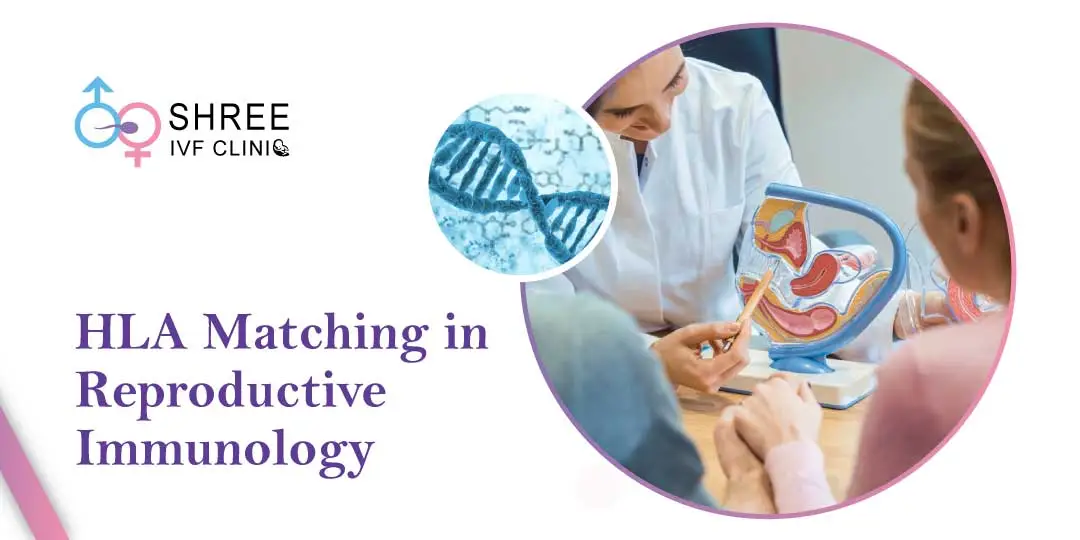
What is Vulvar Cancer?
Cancer that occurs on the outer surface area of the female genital organs is known as Vulvar Cancer. The vulva is the outer part of the female genitals, consisting of the opening of the vagina, labia majora and the labia minora, and the clitoris. Though it can happen at any age, vulvar cancer is mainly detected in older adults.
Vulvar Cancer Symptoms
The symptoms of vulvar cancer are:
- Burning sensation and itching on the vulva that does not go away.
- Changes in the texture of the skin of the vulva, such as the color can be redder or whiter than usual and thickening of the vulva.
- Swelled bumps or ulcers on the vulva that does not go away.
- Non-menstruation bleeding.
Vulvar Cancer Causes
The actual cause of vulvar cancer is not yet clearly known. Generally, doctors know that cancer starts when a cell begins to change (mutations) in its DNA. The DNA instructs a cell what to do. The mutations inform the cell to grow and split quickly. The cell and its offspring go on living, replacing the dead cells. The compiled cells form tumors that can be cancerous, occupies nearby tissues, and spread to other parts of the body.
Vulvar Cancer Types
Doctors plan the most effective treatment of Vulvar Cancer depending on the type of cell in which cancer begins. The most common types of vulvar cancer are:
- Vulvar squamous cell carcinoma – This type of cancer is found on the inner and outer folds of the vulva. About 90% of vulvar cancers are squamous cell carcinomas.
- Adenocarcinoma – This type of cancer usually starts in the Bartholin glands (found inside the entrance of the vagina and secretes mucus to lubricate the vagina). About 8% of vulvar cancers are adenocarcinoma. It also includes melanoma as well as basal cell carcinomas and sarcomas.
Vulvar Cancer Risk Factors
Even though the exact cause of vulvar cancer isn’t known, there are certain factors that can increase the risk of the disease, including:
- Age – Though vulvar cancer can occur at any age, the risk increases with age. The average age for diagnosis is 65 years.
- Exposure to human papillomavirus (HPV) – HPV is an infection that spreads by sexual contract resulting in various cancers, including vulvar cancer and cervical cancer. A lot of young, sexually active people are exposed to HPV, in which the infection causes a change in cells and increases the risk of cancer in the future but in some cases, the infection goes away on its own.
- Smoking – Smoking is another reason for an increase in the risk of vulvar cancer.
- Weak immune system– To undergo an organ transplant, sometimes peopletake medications to suppress the immune system, which increases their risk of vulvar cancer while there are people suffering from conditions that weaken the immune system, such as human immunodeficiency virus (HIV), have an increased risk of vulvar cancer.
- Skin condition involving the vulva – White spot disease (Lichen sclerosis), causes the thin, white patches in the genital area, increases the risk of vulvar cancer.
Book Your Consultation Today With an Vulvar Cancer Specialist in India – Dr Jay Mehta
Tests to Diagnose Vulvar Cancer
- X-ray of the chest –An x-ray of the chest is to be done to see if cancer has spread to your lungs.
- Computerized tomography (CT) scan – A CT scan is a series of x-ray images taken from different angles around your body. Usually, a CT scan is not needed but can be suggested for women to detect large vulvar tumors or enlarged lymph nodes. They are also helpful in deciding whether a sentinel lymph node procedure should be done to check groin lymph nodes for cancer spread.
- Magnetic Resonance Imaging (MRI) – MRI scanners use strong magnetic fields and radio waves to generate images of the organs in the body. It is used to examine pelvic tumors and to identify enlarged lymph nodes in the groin. Patients with early vulvar cancer, usually don’t need this test.
- Positron Emission Tomography (PET) scan – PET scan uses a radioactive drug to show the areas of your body where cells are more active than normal. This test creates 3D images of the internal body organs. This test helps to spot the cancer cells and see if cancer has spread to lymph nodes.
Usually, a machine combined with a PET scanner and a CT scanner (called a PET-CT) is used, to get more information about areas of cancer and cancer spread.
Vulvar Cancer Stages
The stages of cancer are assigned by the doctors by assessing the tumor and spreading of cancer to lymph nodes and other parts of the body. The size of the tumor is measured in centimeters (cm).
Stage 1: The tumor has not spread, thus it is only in the vulva or the vulva and perineum.
1 (A): The tumor is 2 cm or smaller and is not deeper than 1 mm.
1 (B): The tumor is larger than 2 cm and is deeper than 1 mm.
Stage 2: The tumor has spread to nearby areas, including the lower part of the urethra, vagina, or anus, and is of any size. It has not spread to lymph nodes or other parts of the body yet.
Stage 3: There is no distant metastasis and cancer has spread to nearby tissues, such as the vagina, anus, or urethra, and the groin lymph nodes.
3 (A): There are 1 or 2 metastases to lymph nodes, which are smaller than 5 mm, or there is 1 metastasis which is 5 mm.
3 (B): There are 3 or more metastases to lymph nodes, which are smaller than 5 mm, or there are 2 or more metastases that are 5 mm.
3 (C): Cancer has spread to nearby tissue as well as to 1 or more lymph nodes and their surrounding lymph node capsule, or covering.
Stage 4: Cancer has spread toa distant part of the body or the upper part of the vagina or the upper part of the urethra.
4 (A): Cancer has spread to regional lymph nodes and caused ulceration, or it has attached the lymph node to the tissue beneath it.
4 (B): Cancer has spread to a distant part of the body.
Treatment Options by Stage
Stage 1
Options for treatment depends on the size and depth of the tumor and whether the patient has a Ventral Intermediate Nucleus (VIN). If the depth is 1 mm or less (stage IA) and no other area is affected by cancer or VIN, it can be removed by surgery along with a 1 cm edge of normal tissue around it.
Treatment for stage IB cancers includes a partial vulvectomy and inguinal lymph node dissecting (removal of nearby groin lymph nodes). Instead of the lymph node dissection, sentinel lymph node biopsy can be done. Radiation with chemotherapy is given if cancer is detected in the lymph nodes.
For cancers that are larger and quite extensive, a complete radical vulvectomy and removal of the groin lymph nodes are done.
In case the patient is not healthy enough to receive the surgery, the lymph nodes are not removed, rather, radiation therapy can be given to the groin areas. Suppose, the lymph nodes are enlarged, a needle biopsy can be done before treatment to check whether the nodes contain cancer cells or not.
Stage 2
In stage II, cancers have spread to structures near the vulva(the anus, the lower vagina, and/or the lower urethra), one option for treatment is partial radical vulvectomy. Another is option is surgery, which includes removal of the lymph nodes in the groin on both sides of the body (or sentinel node biopsies). After surgery, radiation therapy can also be given, if cancer cells are at or near the edges of the tissue, removed in surgery.
Radiation (with or without chemotherapy) can be used as the main treatment for women who are ill or weak due to other medical problems.
Stage 3
As cancer spreads to nearby lymph nodes in stage III, the treatment includes surgery to remove cancer (either a radical wide local incision or partial or complete radical vulvectomy) and lymph nodes in the groin. Further, it can be followed by radiation therapy. Sometimes chemotherapy (chemo) is also given along with the radiation to work more effectively.
To preserve normal structures such as the vagina, urethra, and anus, cancer can also be treated with radiation (with or without chemo) first, followed by surgery to remove any remaining cancer.
For patients who cannot go through surgery due to other medical problems, radiation and chemo (without surgery) can be used as the main treatment.
Stage 4(A)
In stage IV (A), cancer spreads more extensively to organs and tissues in the pelvis (such as the rectum (above the anus), the bladder, the pelvic bone, the upper part of the vagina, and the upper part of the urethra). If surgery is done, the aim is to remove as much cancer as possible. The organ that contains cancer cells decides whether the surgery should be extended or not. Pelvic exenteration is another option, but it is rarely used.
A combination of surgery, radiation, and chemo is a standard method. Radiation therapy can be done before or after surgery. Chemo can also be given before surgery.
For women who cannot get surgery because of other medical problems, radiation and possibly chemo can be given.
In case, the tumors are less spread to nearby organs, but spread to nearby lymph nodes that have caused the lymph nodes to stuck to the underlying tissue or ulcerated (become open sores), treatment with radical vulvectomy and removal of the groin lymph nodes can be done. Radiation (usually with chemo) can be given either before or after surgery.
Stage 4(B)
There is no standard treatment for cancer that spread to lymph nodes in the pelvis or organs and tissues outside the pelvis. Surgery is not expected to cure these cancers but can help relieve symptoms, such as bowel or bladder blockages. Radiation and chemo can help in reducing cancer and improving symptoms.
Vulvar Cancer During Pregnancy
The main treatment of vulvar cancer in pregnancy includes surgical intervention, performed either during pregnancy or in the postpartum period (the period just after delivery). The most common surgical treatments before 36 weeks’ gestation are local excision or vulvectomy (with or without lymphadenectomy).
Vulvar Cancer Survival Rate
86 percent of people who are detected with stage 1 vulvar cancer, live for at least five years after their cancer is diagnosed. However, once vulvar cancer is in its advanced stage and declared as stage 4, the five-year survival rate drops to about 16 percent.
Vulvar Cancer Treatment Costs
In India, the cost of vulvar cancer treatment differs from hospital to hospital and the stage of the disease. Hence, the treatment cost of vulvar cancer can vary from Rs. 258415 to Rs. 885900 INR ($ 3500 to $ 12,000 USD).
With the advent of innovations, there are ample options available nowadays that can help out to get rid of vulvar cancer. You should be aware of the symptoms of the disease so that it is detected in the first stage and can be recovered soon.

Dr. Jay Mehta
MBBS, DNB—Obstetrics & Gynecology
IVF & Endometriosis Specialist, Laparoscopic Surgeon (Obs & Gyn)
Dr. Jay Mehta is a renowned IVF specialist and fertility-preserving surgeon in Mumbai, India. He is the director of Shree IVF and Endometriosis Clinic, Mumbai. He is a leading laparoscopic gynecologist in India for endometriosis and adenomyosis.
He is a well-known fertility and IVF specialist and also among the few doctors in the country who specialize in embryology and andrology. He operates India’s major cities, including Mumbai, Pune, Chennai, Hyderabad, Bangalore, Ahmedabad, Agra, Delhi etc.
To book an appointment, call: 1800-268-4000 or fill out our contact form
Blogs

How Deadly Is Vulvar Cancer?
The vulva is the epidermis, and fatty tissues are present between a woman’s upper thighs. It stretches from the anus to just below the pubic hairline, roughly an inch. The two skin folds (or lips) around the vagina, known as the labia, are most commonly affected by vulva cancer.
Videos

Advanced Endometrial Testing Explained: ERA, EMMA & ALICE
What are ERA, EMMA & ALICE tests? They are advanced tests that check if your uterus is ready for embryo implantation and can help improve IVF success

Hidden Cost of IVF Treatment
A single IVF cycle in India can cost anywhere from ₹1,50,000 to ₹2,25,000. Some clinics offer lower prices but may exclude medicines, freezing, and hatching from the package

How to Interpret HLA Matching in Reproductive Immunology?
HLA typing is often used in reproductive immunology to help couples facing recurrent miscarriages, IVF failure, or unexplained pregnancy loss find answers & personalized care

